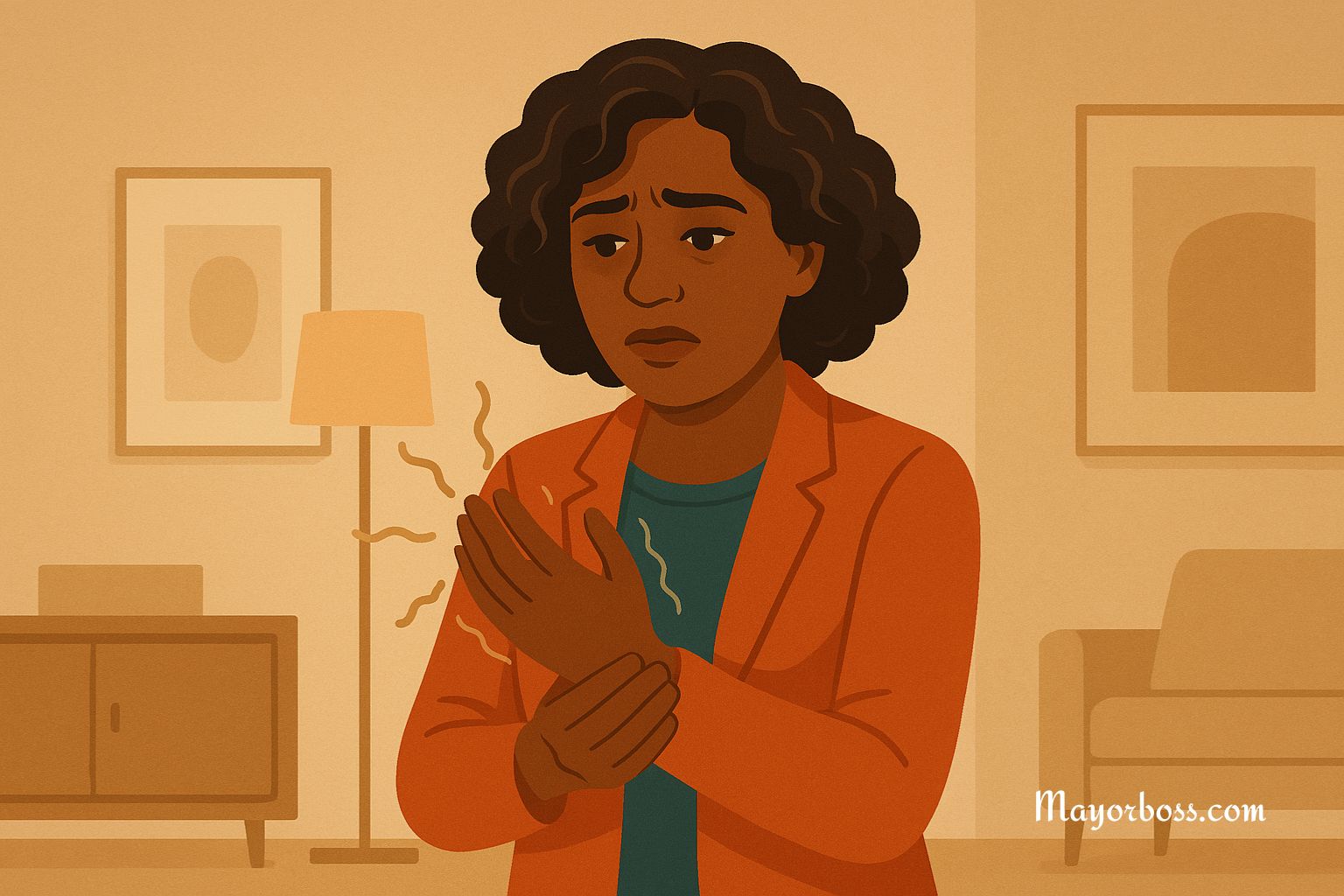6 Subtle Signs of Heart Failure
When we think about heart failure, a condition where the heart doesn’t pump blood as well as it should, the image that often comes to mind is someone clutching their chest in severe pain. But what if heart failure were lurking quietly in your body, with subtle signs you wouldn’t immediately associate with a heart problem? Let’s delve into this issue to understand the subtle signs of heart failure better.
The Subtle Signs of Heart Failure
One of the following situations may be familiar to you. You may be experiencing unexplained fatigue, shortness of breath, or a persistent cough. Without clear causation, these symptoms might be easily overlooked or attributed to other, less serious conditions. However, such symptoms could be the early warning signs of heart failure.
Unexplained Fatigue
Unexplained fatigue is one of the earliest and most subtle signs of heart failure. Due to heart failure, your body might not be receiving enough oxygen-rich blood, leading to a constant feeling of tiredness. And while everyone experiences fatigue at some point, persistent, unexplained fatigue is worth discussing with your doctor.
Shortness of Breath
With heart failure, you may experience breathlessness or shortness of breath. This could happen when you’re exercising or even when you’re at rest. In some cases, it may be so subtle that you only notice it when you’re trying to sleep, causing you to prop up your head with extra pillows.
Persistent Cough or Wheezing
A persistent cough or wheezing may also be a sign of heart failure. This may be caused by fluid buildup in the lungs, a common result of heart failure. If your cough produces white or pink-tinged mucus, this could be a sign of this condition.
Swollen Ankles and Feet
With heart failure, fluid build-up is a common occurrence. It can lead to swollen ankles and feet, a condition also known as peripheral edema. You might notice that your shoes feel tight or that there’s indentation on your skin when you press on the swollen area.
Lack of Appetite or Nausea
Heart failure can lead to a feeling of fullness or loss of appetite. Depending on the severity, you may also experience nausea or abdominal pain. These may seem unrelated to heart failure, but they can be subtle signs of this condition.
Increased Heart Rate
An increased heart rate is another subtle sign of heart failure. Your heart might feel like it’s racing or throbbing. This is because your heart is trying to compensate for its lack of pumping power by beating faster.
If you’re experiencing any of these subtle signs, it’s important to seek medical attention. Symptoms of heart failure can vary from person to person and may not always be severe. A healthcare professional can provide a thorough evaluation and determine if heart failure is the cause.
Before you see a healthcare professional, note down any symptoms you’re experiencing. At the visit, be sure to discuss all your symptoms, even if they seem unrelated.
Treatment
Treatment for heart failure often involves a combination of lifestyle changes, medication, and in some cases, surgery. Medications can help your heart pump better, reduce fluid in your body, and prevent the buildup of harmful substances.
Lifestyle changes such as reducing sodium intake, regular exercise, and quitting smoking can also be beneficial. Depending on the severity, surgery or medical devices may be recommended.
Frequently Asked Questions
A balanced diet low in salt and rich in fruits, vegetables, lean proteins, and whole grains can help manage heart failure. Regular exercise, as recommended by your doctor, can also be beneficial. Other lifestyle modifications include quitting smoking, managing stress, maintaining a healthy weight, and limiting alcohol intake.
No, heart failure and heart attack are not the same. A heart attack happens when blood flow to a part of the heart is totally decreased or blocked, usually by a blood clot, causing part of the heart muscle to be damaged or die. Heart failure, on the other hand, is a serious long-term condition where the heart doesn’t pump blood as well as it should.
Risk factors for heart failure include sleep apnea, high blood pressure, diabetes, obesity, coronary artery disease, certain medications, irregular heartbeats, viral infections, congenital heart defects, alcohol and drug misuse, and chronic diseases like HIV, thyroid disorders, or kidney diseases.
Further Reading: 6 Steps to Prevent Heart Failure






